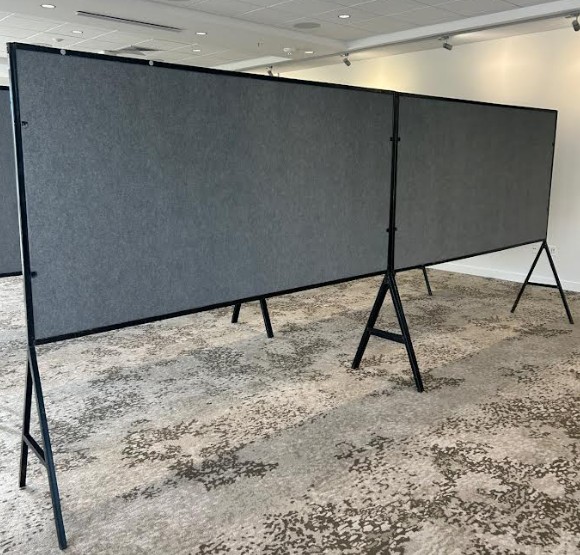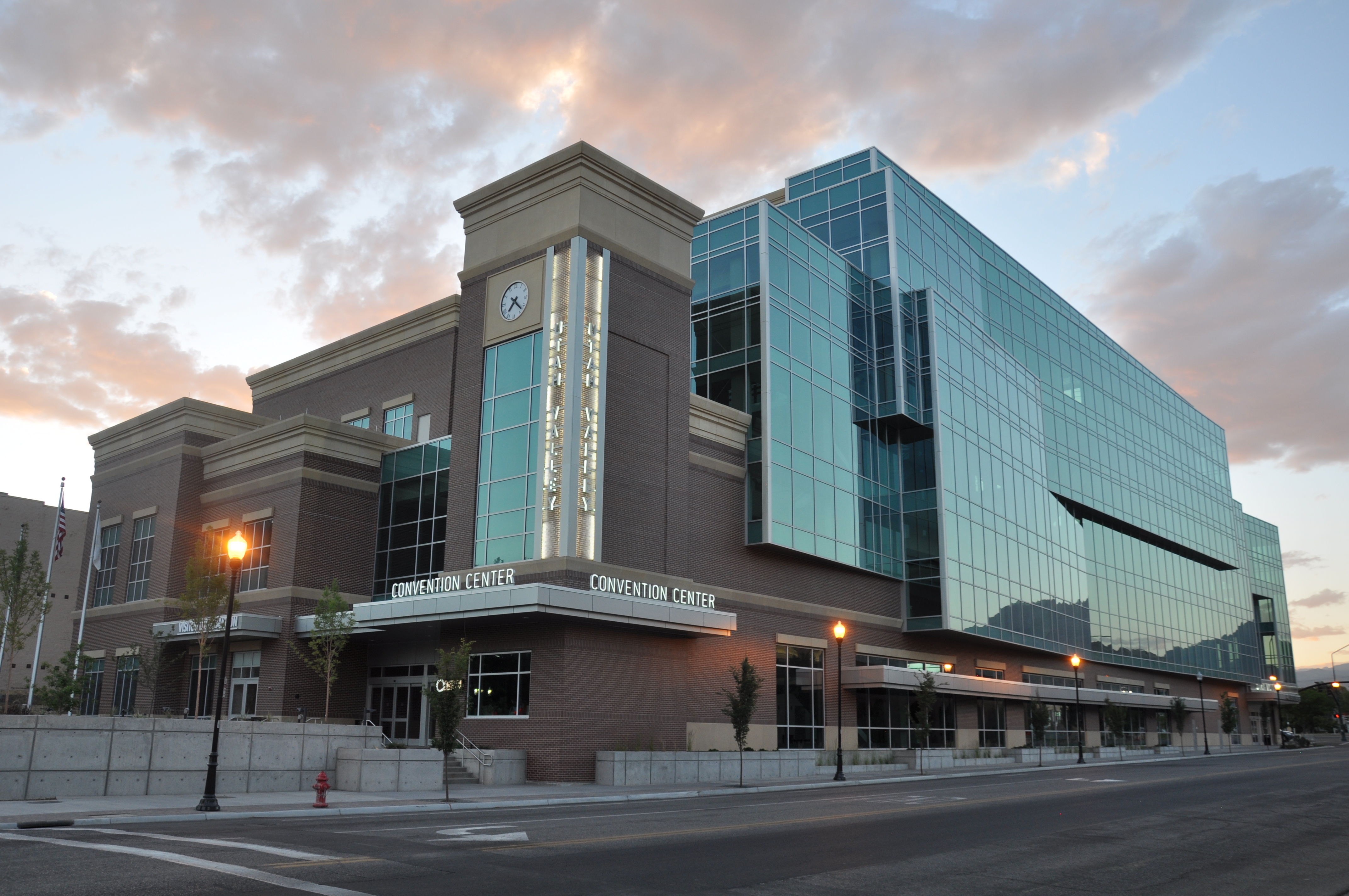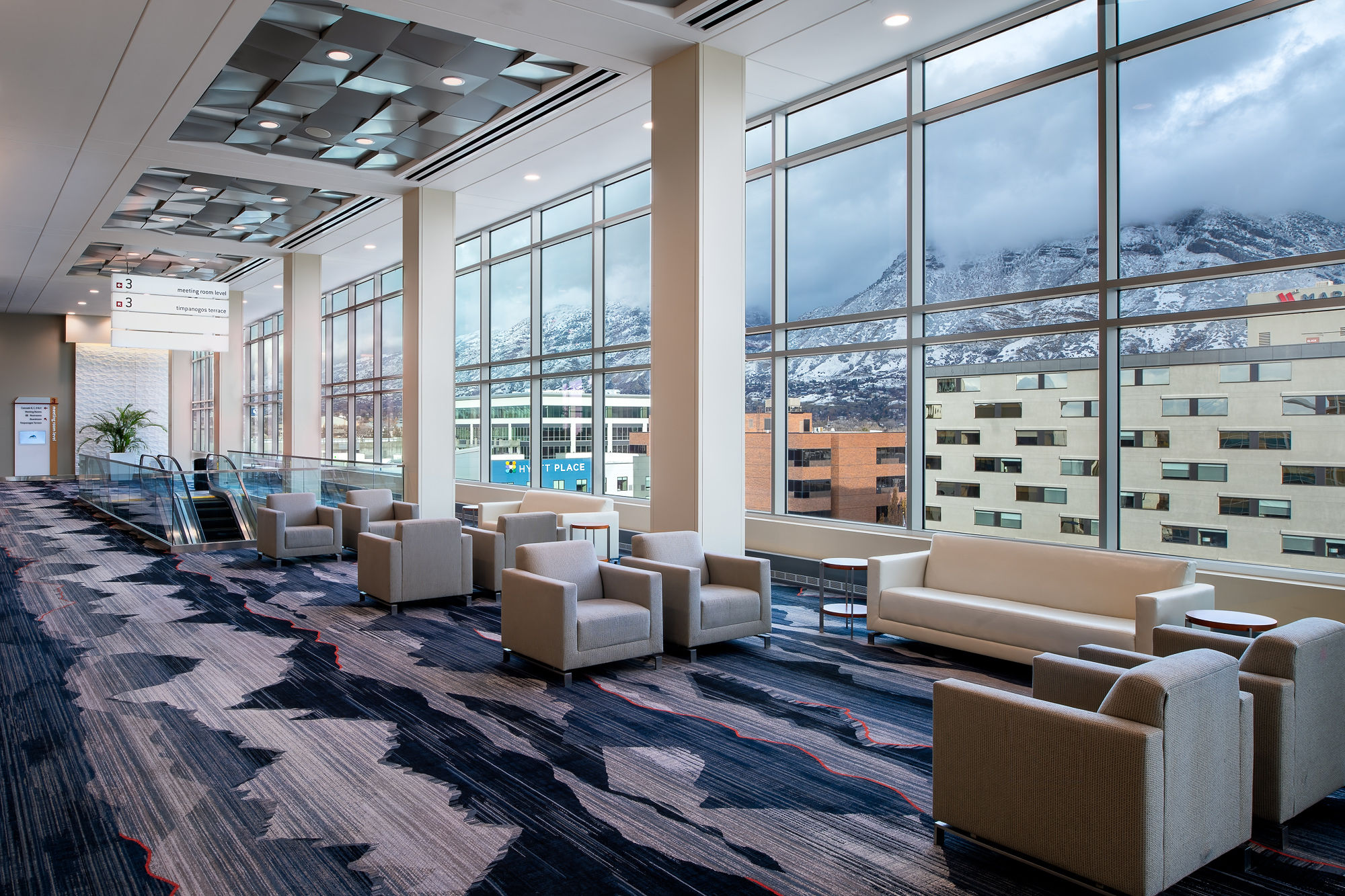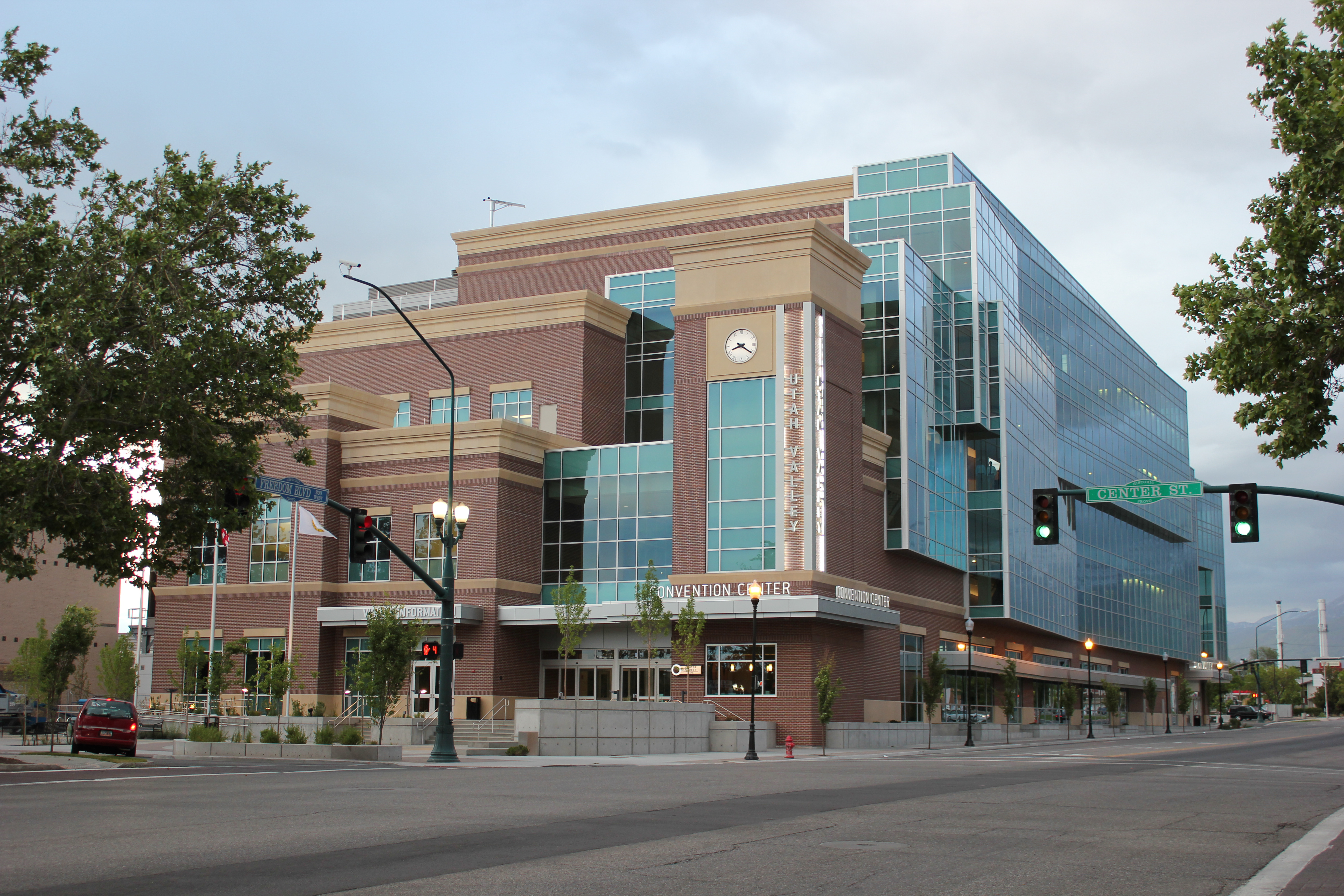Annual Meeting

Interested in becoming a Sponsor or Exhibiting in Provo 2026? - More Details!
Important Dates
| Early Career Scholar Program Application |
October 10, 2025 |
| Call for Award Nominations |
October 1, 2025 |
| Call for Award Nominations Deadline |
December 1, 2025 |
| Early Career Scholar Program Applications Deadline |
December 10, 2025 |
| Abstract Portal Opens |
January 7, 2026 |
| 2026 Registration |
NOW OPEN!
|
| Abstract Deadline for Poster Presenters, Invited Speakers and Travel Awards |
February 27, 2026 |
|
2026 GeroScience Outstanding Publication Awards Application Deadline
More Details>>
|
March 15, 2026 |
| Hotel Reservation Deadline |
May 11, 2026 |
| 53rd Annual Meeting Dates |
June 2-5, 2026 |
Back to Top
Call for Abstracts and Awards
Abstracts may be submitted on any subject related to the general area of aging to be considered for poster presentation or oral presentation. PRESENTING AUTHORS MUST SUBMIT THEIR ABSTRACT USING THEIR OWN LOG IN (e.g. Advisors may not submit an abstract for a student under the advisor's account). More than one abstract may be submitted by each author.
Abstracts should be no longer than 2,500 characters including title, authors, affiliations and spaces and prepared as a single paragraph, single-spaced. Abstracts should NOT contain photos, tables or references. Please include any funding acknowledgements.
Abstracts should be submitted by February 27, 2026, 11:59pm EST
To apply for a Travel Award, submit your abstract and complete the questions regarding Travel Awards in the abstract portal.
*** All session speakers are required to submit an abstract.
Back to Top
Registration
In Person Registration
| |
Early Bird
Before February 15 |
Standard
February 16 - April 30
|
Late
After May 1, 2026 |
| Lay/Scientific Member |
$450 |
$600 |
$650 |
| Trainee* Member |
$225 |
$375 |
$425 |
| Lay/Scientific Non-Member |
$750 |
$800 |
$850 |
| Trainee* Non-Member |
$400 |
$450 |
$500 |
* Trainee = Post-Doc or Student
** Speakers will be in-person ONLY
*** Registration includes 3 breakfasts, 3 lunches and 3 dinners buffets - Subject to Change
Virtual Registration
| |
Early Bird
Before February 15 |
Standard
February 16 - April 30 |
Late
After May 1, 2026 |
| Lay/Scientific Member |
$200 |
$250 |
$300 |
| Trainee* Member |
$100 |
$150 |
$200 |
| Lay/Scientific Non-Member |
$400 |
$450 |
$500 |
| Trainee* Non-Member |
$150 |
$200 |
$250 |
* Trainee = Post-Doc or Student
No registration fees will be refunded after May 1, 2026. Refund requests will be accepted prior to May 1, 2026, subject to a $25 processing fee. Please contact the AGE Central Office if you have any questions. Thank you!
Not an AGE Member? JOIN TODAY!
Want to register a group? Contact the AGE Central Office
Back to Top
Program
Venue
Event Venue:
Utah Valley Convention Center
220 W Center St, Provo, UT 84601
Group Hotel:
Provo Marriott Hotel
101 West 100 North, Provo, UT 84601
$169.00 USD per night - Last Day to Book : Monday, May 11, 2026
Booking Link: Book Your Room for AGE 2026
Back to Top
Posters
The surface area of the poster boards for the meeting will be 8 feet wide x 4 feet tall. Please note that your poster should be printed in a HORIZONTAL format to fit the board. You can print your poster any size you want as long as it does not exceed the surface area of the board. Each poster will use one board.

Frequently Asked Questions
- Which airport should I fly into for the AGE meeting in Provo? You can fly directly into PVU (Provo) or you can fly into SLC (Salt Lake City) and get transportation to Provo. To get from Salt Lake City International Airport (SLC) to Provo (approx. 45-50 miles south), you can take the FrontRunner commuter train (cheapest, ~$5, 1h 40m via TRAX green line/transfer), a direct shuttle like Salt Lake Express (approx. $22.50, 60 mins), or a rideshare/taxi (Uber ~$73, 50 mins) Click here for complete directions for arriving by car, train or bus (scroll to bottom of page).
- What meals are included with the registration fee? 3 breakfasts, 3 lunches and 3 dinner buffets. Food and beverages are for registered meeting participants. Food and beverages are not provided for guests. Menus subject to change.
- What is the cancellation/refund policy for meeting registration fees? No registration fees will be refunded after May 1, 2026. Refund requests will be accepted prior to May 1, 2026, subject to a $25 processing fee.
- Where do I park at the convention center? Click here for the different options, map and fees.
- Will there be live captioning during the presentations? Yes
- Is UVCC (Utah Valley Convention Center) ADA compliant? Click here for complete details on accessibility.
- Can I bring a guest? If you plan to bring a guest to the meeting, you must register your guest using the Guest Registration Form. This allows your guest to attend the Opening Reception of the meeting, but NOT the scientific sessions or meals. AGE 2026 Guest Registration
Back to Top
|





